(NLDO)- Controlling air pollution in Vietnam faces many difficulties due to lack of database and monitoring resources.
Speaking at a scientific seminar on "Air pollution and traffic: Opportunities and challenges for Vietnam and the world" on December 5 in Hanoi, Associate Professor Ho Quoc Bang, Ho Chi Minh City National University, said that air pollution in large cities such as Hanoi and Ho Chi Minh City comes mainly from traffic, industrial production and the use of fossil fuels.

World's leading scientists discuss solutions to reduce air pollution and green transportation
In Hanoi, the number of vehicles is estimated at 6 million motorbikes and 690,000 cars, along with about 2,000 industrial factories, which are the main causes of emissions of pollutants such as CO, SO2, fine dust... Meanwhile, in Ho Chi Minh City, there are about 7.4 million motorbikes, pollution from traffic also accounts for the majority, especially NOx emissions (an extremely toxic gas that directly affects human health and the environment) and black carbon.
Associate Professor Ho Quoc Bang also emphasized that Vietnam also faces challenges from other sources of pollution such as the practice of burning straw and agricultural waste, which is still common in many regions, and emissions from maritime transport. Meanwhile, currently, controlling air pollution in Vietnam is facing many difficulties due to a lack of database and monitoring resources.

Associate Professor Dr. Ho Quoc Bang said that air pollution in big cities like Hanoi and Ho Chi Minh City comes mainly from traffic.
Sharing research on aerosols, Professor Yafang Cheng, Director of the Department of Aerosol Chemistry at the Max Planck Institute for Chemistry (Germany), said that this is one of the main components causing air pollution and urban smog. Aerosol pollution is the cause of 9 million premature deaths (according to 2019 data).
She also said meteorological factors, such as the low troposphere in winter, cause pollutants to accumulate in urban areas, increasing smog and making pollution worse.
Professor Yafang said that to reduce air pollution, international cooperation and long-term investment are needed. Although the initial costs may be high, the long-term environmental and health benefits are invaluable. It is necessary to build a financial support mechanism, encourage businesses and people to participate. At the same time, promote cooperation with international research funds and environmental organizations... to seek sustainable solutions for the future.

Professor Yafang said that to reduce air pollution, international cooperation and long-term investment are needed.
To address air pollution from transportation, Professor Daniel Kammen, University of California, Berkeley, proposed increasing the application of electric vehicles and renewable energy. He emphasized that the development of low-cost sodium or non-metal battery technology can reduce dependence on fossil fuels. According to Professor Daniel Kammen, the current conversion rate is not fast enough as expected to achieve sustainable development goals. The state of California (USA) aims to stop selling fossil fuel-powered vehicles by 2030 and build a widespread electric vehicle charging infrastructure.
Professor Susan Solomon from the Massachusetts Institute of Technology (MIT, USA) said that there will be no "magic wand" to solve the problem immediately. Air pollution knows no borders and needs global cooperation to solve this problem.
Vietnam needs to strengthen international cooperation, apply advanced technology and implement stronger policies to deal with current challenges. Only when all stakeholders join hands and have supportive policies to reduce costs and make clean transportation more accessible can we build a greener and cleaner future.
Cardiovascular diseases are the leading cause of death globally. In 2021, cardiovascular diseases claimed 20.5 million lives, accounting for nearly one-third of all deaths. Of these, 85% were due to heart attacks and strokes. More than three-quarters of deaths from cardiovascular diseases occurred in low- and middle-income countries.
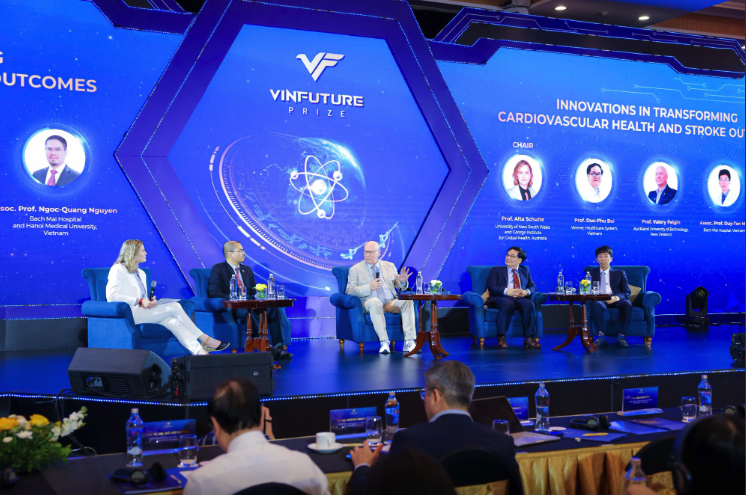
Scientists discuss innovations in heart health care and stroke treatment
Although up to 80% of premature heart attacks and strokes are preventable, 80% of cardiovascular disease deaths occur in low- and middle-income countries due to limited access to essential care.
At the seminar "Innovations in cardiovascular health care and stroke treatment" on the afternoon of December 5, Professor Valery Feigin (Auckland University of Technology, New Zealand) said that more than 70% of strokes are related to blood pressure. In the past 10 years, the incidence of new and current strokes has increased again. The high cost of treatment creates an economic burden, especially in low- and middle-income countries.
In Vietnam, the incidence of stroke is high, with more than 2,000 new cases each year, and the mortality rate is also high. The mortality rate within 90 days is 10%. The age of onset is getting younger.
Associate Professor, Dr. Nguyen Ngoc Quang (Bach Mai Hospital and Hanoi Medical University) said that there have been many new treatments such as using artificial intelligence (AI), changing new technology to treat heart disease; rhythm and pulse intervention as well as many new drugs for blood pressure... which have helped increase patient life expectancy by at least 6 years.

Prof. Alta Schutte, University of New South Wales (Australia) shared at the seminar
Professor Alta Schutte, University of New South Wales (Australia) said that recently, scientists have introduced some impressive technologies in the treatment of high blood pressure and stroke prevention. An injection to lower blood pressure is an innovation that is highly likely to be applied in practice. Each injection is effective for 6 months, it is almost like a vaccine. Patients will not have to buy medicine regularly and doctors will not have to monitor whether patients use the medicine as prescribed or not.
Source: https://nld.com.vn/tim-cach-giai-bai-toan-o-nhiem-khong-khi-196241205204612641.htm


![[Photo] Phuc Tho mulberry season – Sweet fruit from green agriculture](https://vstatic.vietnam.vn/vietnam/resource/IMAGE/2025/4/10/1710a51d63c84a5a92de1b9b4caaf3e5)



![[Photo] Prime Minister Pham Minh Chinh chairs meeting to discuss tax solutions for Vietnam's import and export goods](https://vstatic.vietnam.vn/vietnam/resource/IMAGE/2025/4/10/19b9ed81ca2940b79fb8a0b9ccef539a)
![[Photo] Unique folk games at Chuong Village Festival](https://vstatic.vietnam.vn/vietnam/resource/IMAGE/2025/4/10/cff805a06fdd443b9474c017f98075a4)


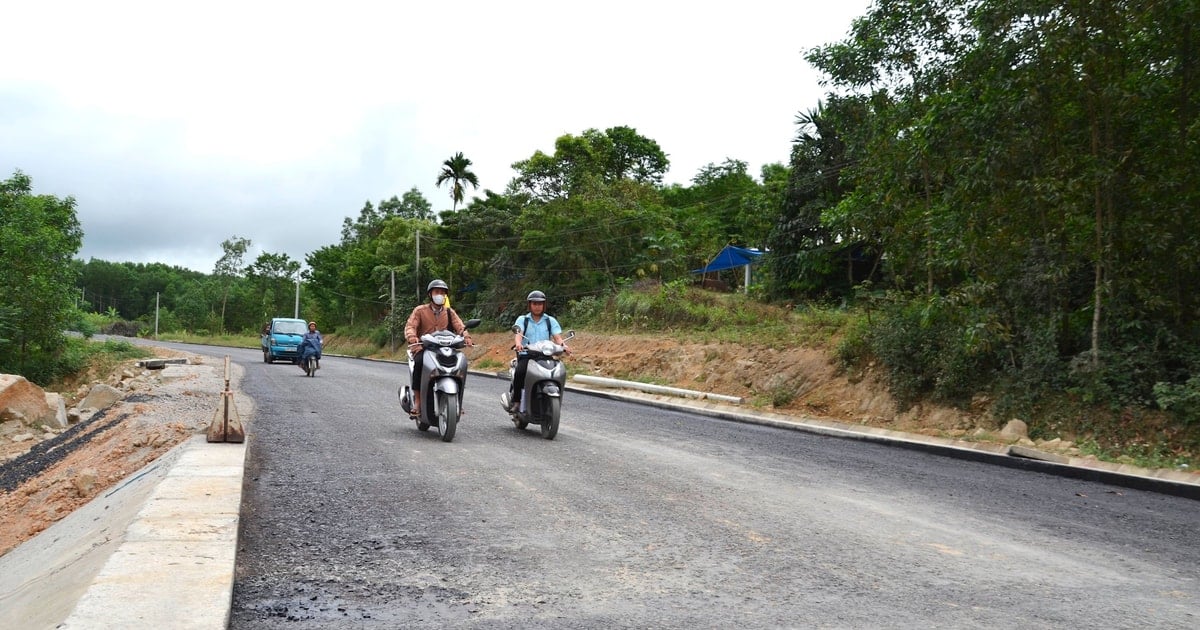
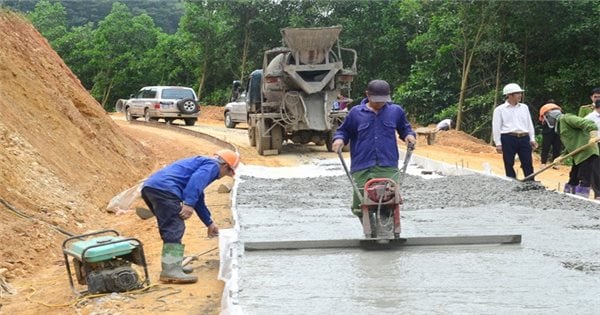



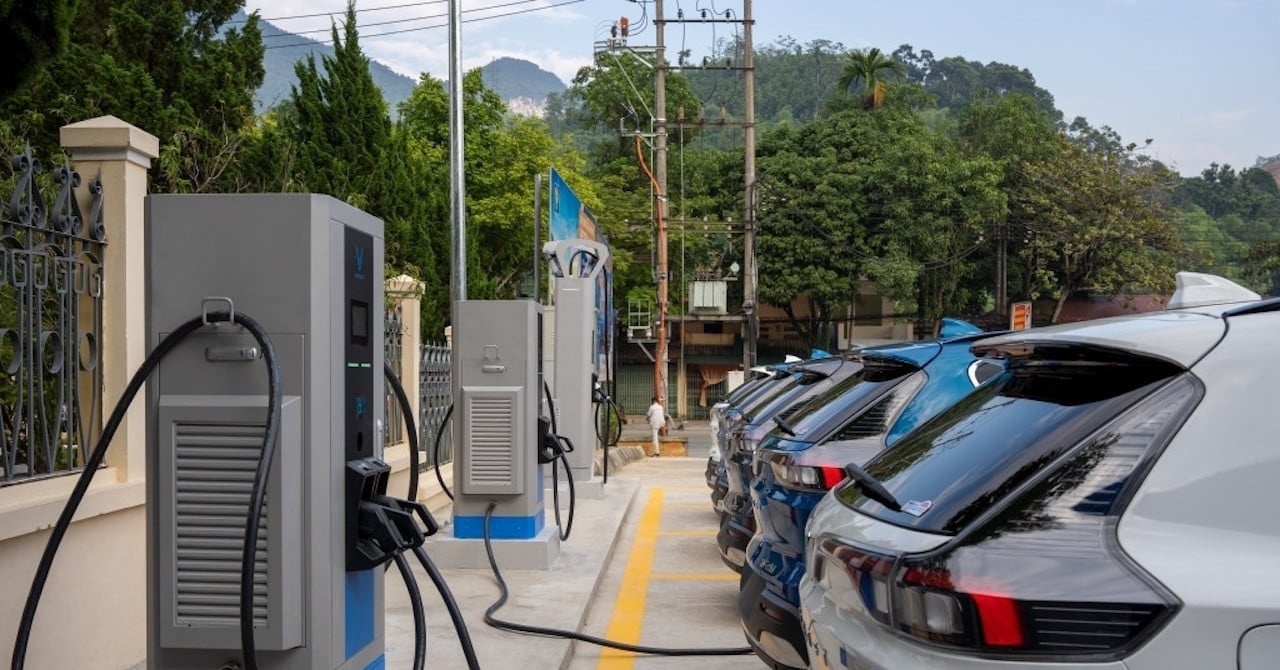

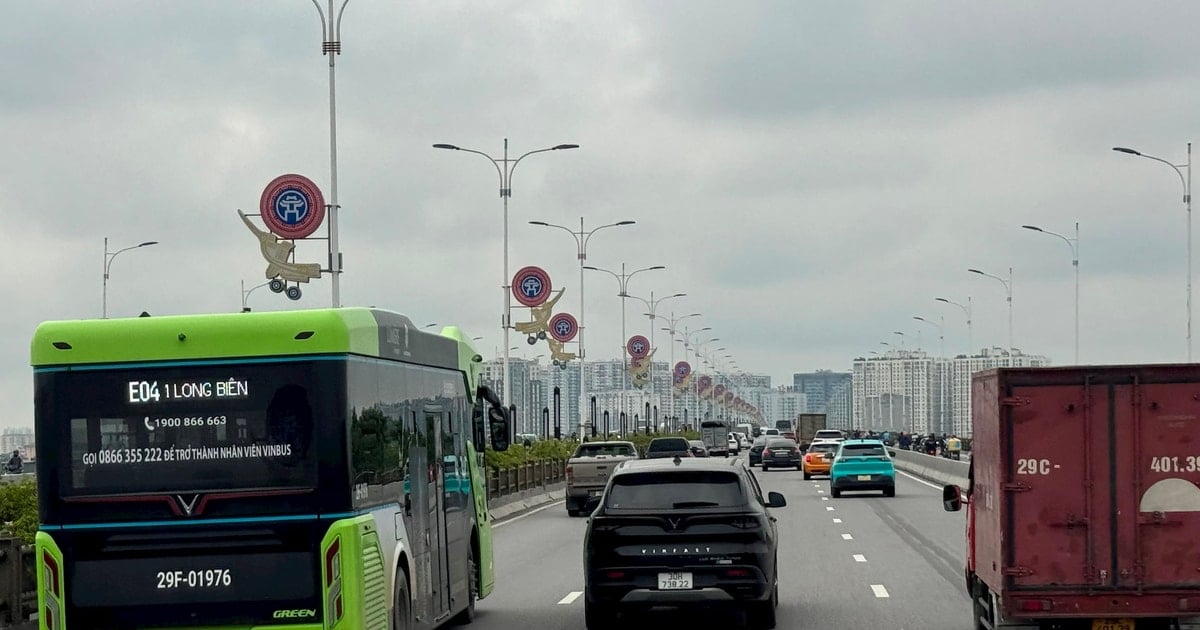






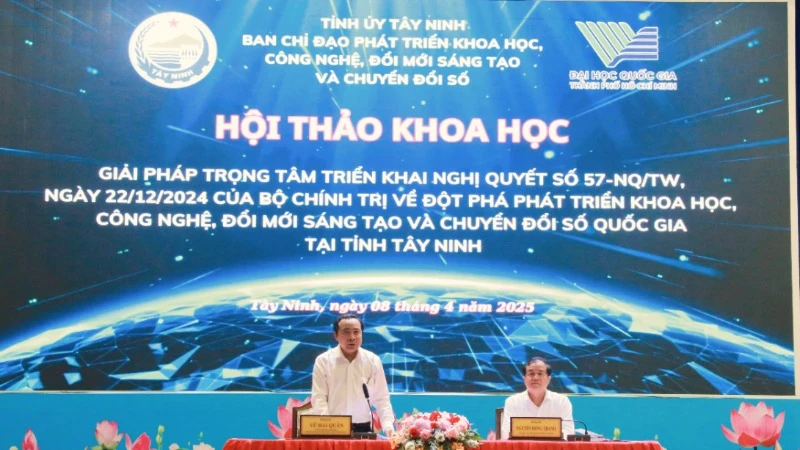





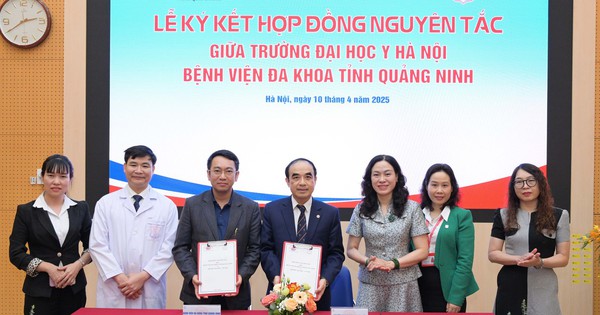



















































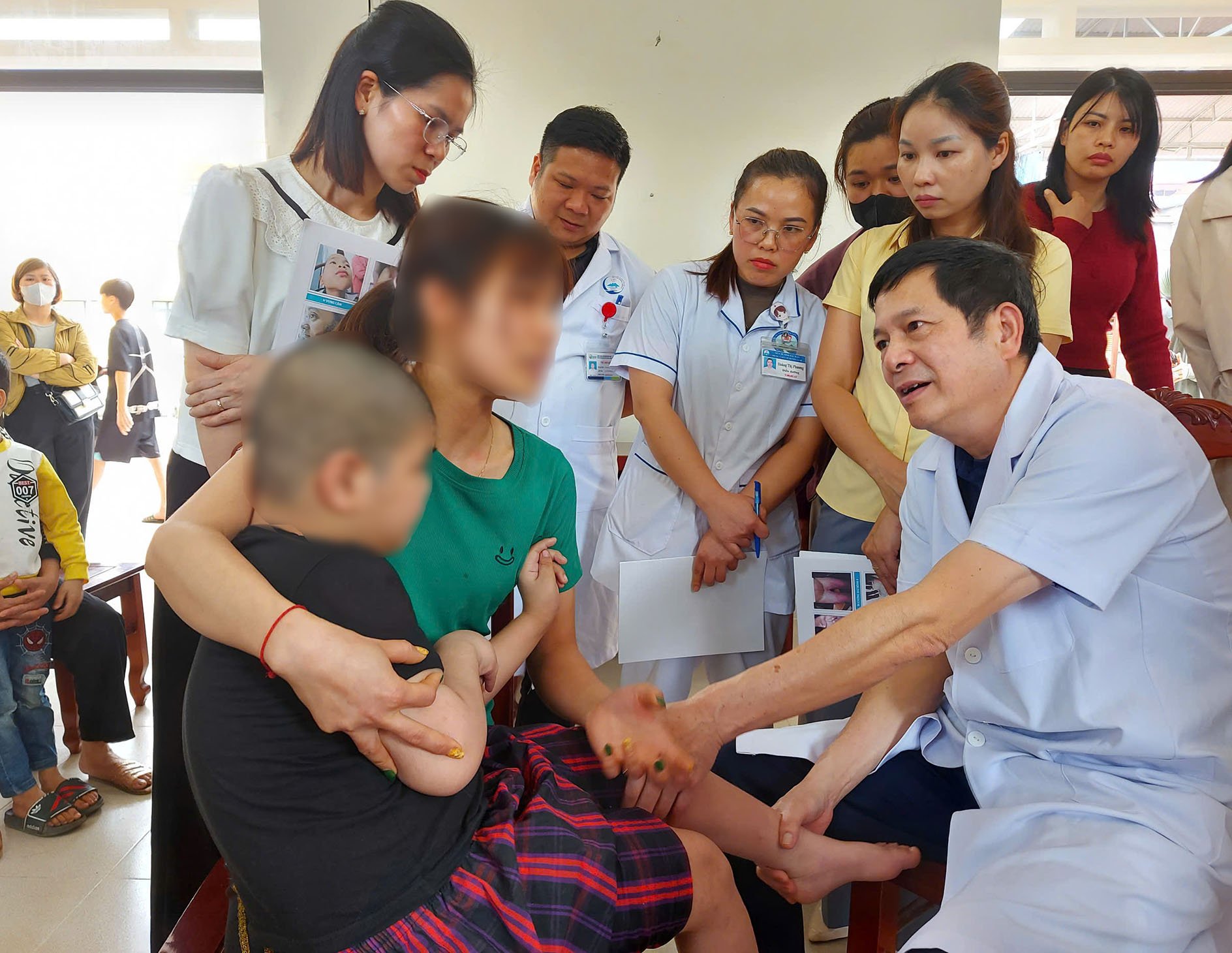


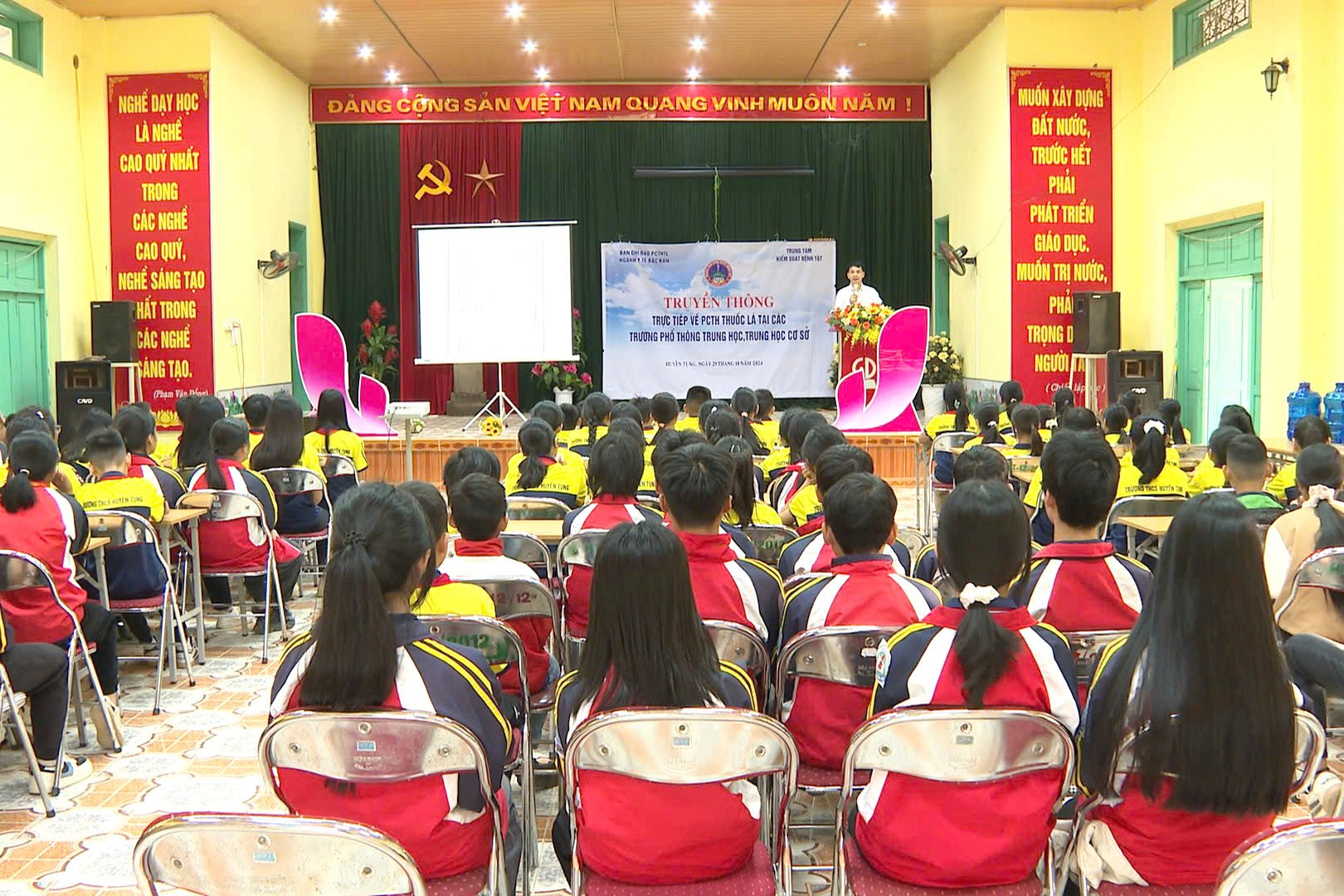

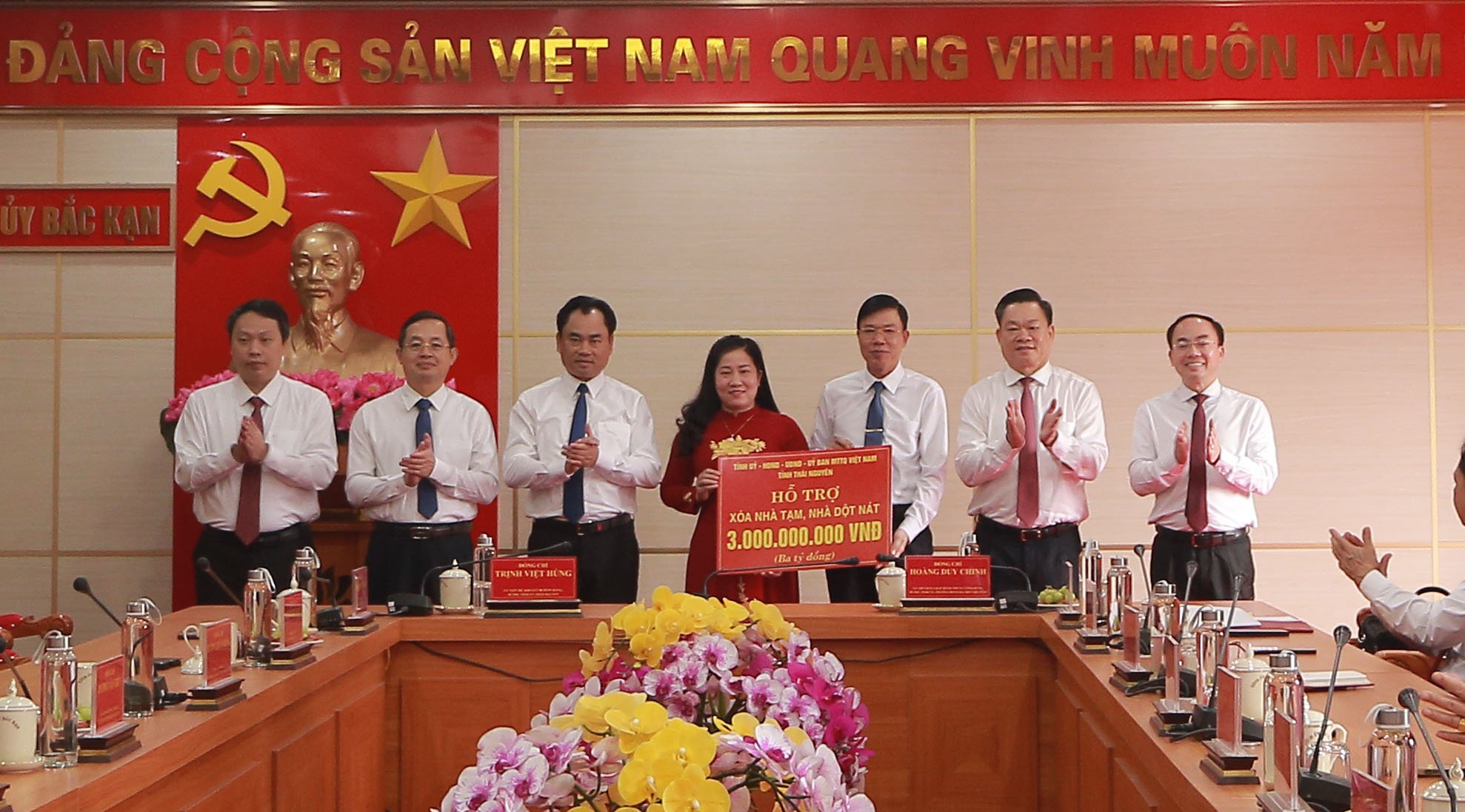








Comment (0)